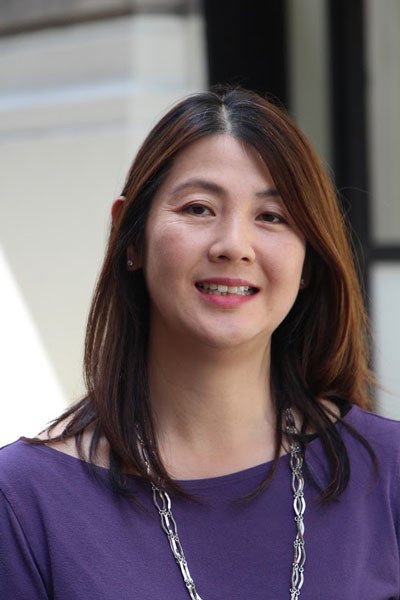Sumie Okazaki
New York University
Director of Counseling Psychology Program
Dr. Sumie Okazaki conducts research on the impact of immigration and race (i.e., racism, racial identity, racialization) on Asian and Asian American adolescents and emerging adults within local and transnational contexts.
What drew you to the field of psychology and your current research interests?
In my 2nd semester of freshman year at college, I took an introductory psychology course to fulfill a social science distribution requirement. I knew nothing about psychology prior to the course but loved the topics so much that I decided to major in psychology (even while still taking all the pre-med science courses). The turning point was when I read the Amerasia papers by Stan Sue and Derald Sue and it occurred to me that Asian American psychology could be “a thing” instead of a side interest. I then decided to pursue graduate degree in psychology. I was fortunate to study with Stan Sue at UCLA just when he was starting his NIMH-funded research center on Asian American mental health.
A doctoral degree in psychology can lead to a number of different careers. Can you tell us about how you chose your current career path?
When I first arrived at my graduate program in clinical psychology, I was not sure if I wanted to be a clinician or a researcher. By gaining experience in both research and practice, I found myself far more excited by research than by clinical work so I decided to pursue an academic career. I love the life of a (tenured) academic. I get to create knowledge together with bright and motivated students, I get to collaborate with colleagues across the disciplines, institutions, and literally around the word, and I have the freedom to pursue questions that interests me that also matter to the community.
As you think back to your undergraduate days, what were some experiences that were helpful in bringing you to where you are today?
I think the most influential experience was doing a senior honors thesis with Patricia Gurin, who pointed me in the right direction but also enabled me to work independently. The undergraduate psychology honors program at the University of Michigan also provided wonderful mentors and peers to help me complete my thesis. I also participated in a Summer Research Opportunity Program and worked with a doctoral student on his dissertation, which gave me additional research experience as well as someone who gave me good advice about graduate school applications.
How do you think we can get more Asian Americans interested in psychology, starting at the undergraduate level?
Asian American professors, graduate students, and staff can serve as role models and help spark interests in psychology at their local colleges and universities, but there should also be more outreach to psychology departments and instructors to include more Asian American content in their psychology courses.
What advice would you give any undergraduates who are thinking about majoring in psychology, or pursuing graduate school in psychology?
Take advantage of research and service opportunities at your undergraduate institutions. Being involved in research, even if it is not on an Asian American psychology topic, can facilitate independence, critical thinking skills, and research experience. If there is an opportunity to do an independent research project, do it! Look for opportunities to do service learning with populations of potential interest to you (e.g., children/adolescents, older adults, individuals with serious mental illness, immigrants, etc.). Attending and presenting at national conferences (e.g., AAPA, APA, SRCD, etc.) and taking advantage of mentoring opportunities can also connect you to potential graduate school mentors and peers.

